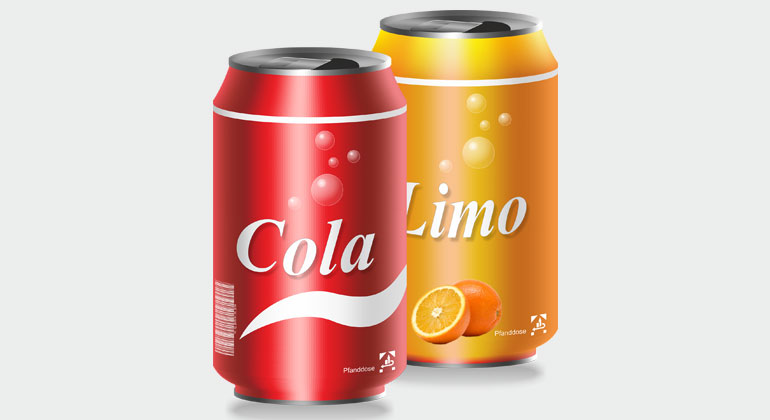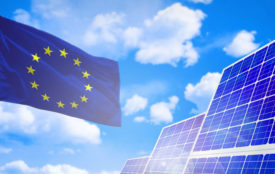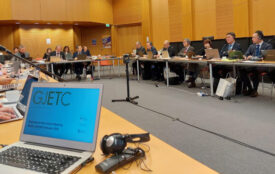Commission clears Ireland’s sugar sweetened drinks tax
The European Commission has concluded that Ireland’s sugar sweetened drinks tax does not involve State aid.
In particular, the Commission found that the measure’s scope and design are consistent with the health objectives pursued by Ireland, namely tackling obesity and other sugar related diseases.
In February 2018, Ireland notified to the Commission its plans to introduce a sugar sweetened drinks tax with the aim of obtaining legal certainty that the measure did not involve any State aid within the meaning of EU rules. In particular, the Irish tax will apply to soft drinks, i.e. water- and juice-based beverages containing added sugar with a sugar content of 5 grams or more.
It is a Member State’s right to decide on the objective of different taxes and levies. At the same time, in order to comply with EU State aid rules, Member States must design taxes in a non-discriminatory manner.
The Commission in its assessment found that soft drinks can be treated differently to other sugary products in view of health objectives. For example, the Commission took into account the fact that soft drinks are the main source of calories devoid of any nutritional value and thereby raise particular health issues. Furthermore, soft drinks are particularly liable to lead to overconsumption and represent a higher risk of obesity, also compared to other sugary drinks and solid food.
On this basis, the Commission concluded that the scope of the Irish sugar sweetened drinks tax and its overall design are consistent with the health objectives pursued and does not unduly distort competition.
Background
The sugar sweetened drinks tax is one of a number of measures that Ireland is implementing as part of an overall policy to tackle obesity in adults and children. It takes account of World Health Organization (WHO) recommendations to limit consumption of sugary drinks as part of a strategy to tackle obesity.
More information will be available on the Commission’s competition website, in the public State Aid Register under the case number SA.45862.








